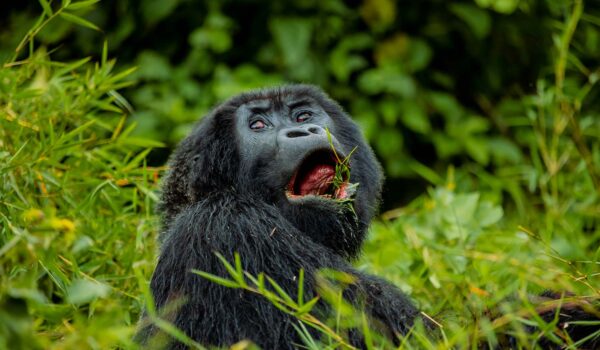Is Kenya Safe
Many people dream of going on a safari in Kenya because it offers the chance to see the breathtaking animals, breathtaking scenery, and dynamic cultures of East Africa. Even though Kenya is a warm and tourist-friendly country, maintaining safety and security is crucial to making the most of your safari experience. Travelers may visit Kenya’s villages and nature in safety and peace of mind if they take the right measures.
Precautions for Health and Hygiene
Visitors must take extra health precautions due to Kenya’s tropical location and warm environment. Travelers are recommended to speak with medical specialists about anti-malarial drugs before to their journey since malaria poses a serious danger in certain places. Commonly advised are vaccinations against hepatitis, typhoid, and yellow fever. Drinking bottled or filtered water and avoiding raw foods outside of recognized businesses are crucial for preventing waterborne illnesses. Travelers may prevent disease and have a safer, healthier vacation by giving priority to these health precautions.
Guidelines for the Safety and Interaction of Wildlife
The chance to get up close and personal with animals is one of the joys of every safari in Kenya. Large creatures including lions, elephants, and rhinoceroses may be found in Kenya’s national parks and reserves, which include the well-known Maasai Mara and Amboseli. But since they are wild, these creatures may be harmful if handled carelessly. Safari guides, who have received training on the behavior of animals, are essential to making sure that encounters are safe. Visitors must remain in cars and refrain from making loud sounds or abrupt movements that can frighten animals. It is illegal to feed wildlife or try to get close to them since doing so puts both people and the animals at danger. Observing these rules guarantees polite and safe interactions with animals.
Safety Measures in Cities and Safari Regions
Although Kenya is a generally secure nation for visitors, there may be a danger of small crime in certain major areas, such Nairobi and Mombasa. Precautions include keeping an eye on your surroundings, protecting valuables, and avoiding remote regions at night. Travelers should keep their passports, cash, and other valuables in hotel safes and refrain from flaunting their affluence with jewelry or pricey equipment. Numerous safari hotels and camps provide round-the-clock security, which improves visitor safety, especially in isolated locations. Choosing trustworthy safari companies that provide knowledgeable guides and safe transportation is another important way to make your trip safer.
Road Safety and Travel
Due to the size of Kenya’s safari landscapes, many isolated locations need a considerable amount of travel time. The state of the roads varies; some national park roads are rough and unpaved. This calls for experienced drivers who know the route and the routes used by animal crossings. It is advised that travelers utilize reputable tour operators with skilled drivers and well-maintained cars. To guarantee that safety regulations are fulfilled, visitors should use authorized carriers for internal flights while flying between parks.
Hazards to the Environment and Weather Readiness
Despite its generally pleasant and mild environment, Kenya may have erratic weather patterns, especially during the rainy seasons. Some regions may become momentarily inaccessible due to difficult road conditions caused by heavy rainfall. Travelers should prepare by bringing clothes and equipment suitable for a range of weather situations. To keep visitors safe, the majority of safari operators keep an eye on weather reports and modify their plans as necessary. Travelers may be better prepared for any unforeseen weather conditions by being aware of the environmental dangers and keeping themselves updated.
Cultural and Community Awareness
Visits to local communities, especially Maasai and Samburu villages, are a common element of Kenyan safari trips. These exchanges provide insights into traditional ways of living and are a distinctive feature of Kenyan tourism. However, visitors should respect local traditions, ask permission before taking pictures, and heed the guidance of guides about cultural etiquette. In addition to promoting enjoyable experiences, being aware of and respectful of cultural boundaries improves personal safety by averting offenses or misunderstandings.
Support and Emergency Services
Reliable emergency services are available for both minor injuries and more severe crises in Kenya’s more established safari locations. If required, many safari operators can set up medical evacuation to bigger towns or have contacts with clinics. Travelers are advised to get travel insurance that covers emergency evacuation and medical costs in order to reduce possible dangers. Access to these services ensures that passengers are secure in the event of an emergency, adding a crucial degree of security.
An excitement and discovery-filled safari in Kenya may change your life. By adopting the appropriate safety and security measures, travelers may reduce dangers and concentrate on the journey’s marvels. Choosing trustworthy tour operators, observing security and wildlife regulations, anticipating health issues, and honoring local customs all contribute to a safe travel experience. Kenya’s natural beauty and dynamic culture may be properly and securely enjoyed with the correct planning and a thoughtful approach, giving tourists lifelong memories.

